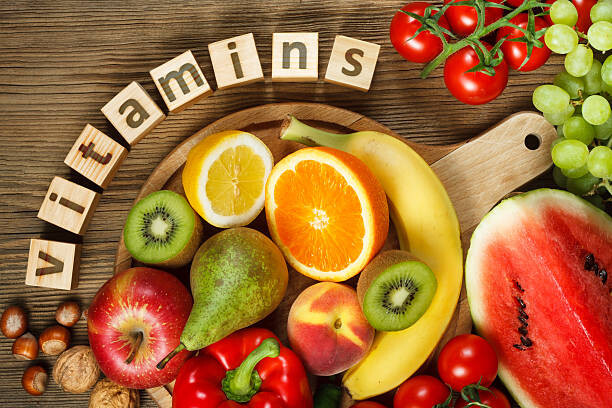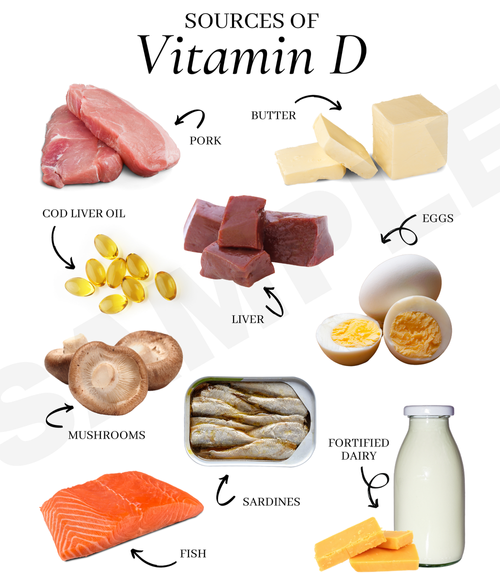Vitamins and Minerals and Supplements – Oh My!

Prenatal Vitamins
Pregnancy is amazing. Here you are, going about your everyday life, with a human being growing inside of you. Whether you’re carrying a pregnancy for yourself or giving the ultimate gift of family as a surrogate, you want to make sure that you’re as healthy as you can be.
Vermont Surrogacy Network encourages all our surrogates to seek the advice of trusted medical professionals when it comes to choosing the right combination of supplements to support a healthy pregnancy.

Prenatal Vitamins
There are so many options for prenatal vitamins out there, both over the counter and by prescription. All of them contain the recommended dosages of vitamins and minerals that are safe for pregnant people to take. There is no right or wrong vitamin to choose, but surrogates should follow their OB provider’s recommendations to ensure that they’re getting what’s best for them.
Prenatal vitamins are made to include higher levels of certain vitamins and minerals than a regular multivitamin. These specific supplements have been shown to be required at a higher quantity during pregnancy. Here’s a breakdown of these important supplements and what they do to help ensure the healthiest pregnancy possible.
Folic acid
Folic acid is the synthetic form of folate, or vitamin B9. Research has shown that there is a higher risk of a specific kind of abnormality called neural tube defects. These occur when the spine and brain – which are among the first parts of a growing fetus to develop – don’t form correctly. Two of the most common neural tube defects are spina bifida and anencephaly.
Because the spine and brain start to develop so early in a pregnancy, it’s important to start taking folic acid or folate even before an embryo transfer. IVF clinics will ask surrogates to start prenatal vitamins before they begin a cycle.
Most over the counter prenatal vitamins contain 800 micrograms of folic acid, but both fertility and obstetrical providers recommend that people who might become pregnant should take at least 600-1200 micrograms. Talk to your provider about getting a prescription for prenatal vitamins, or for just the folic acid supplement, to cover this extra requirement.
Vitamin B6
All B vitamins are important when it comes to fetal brain and spine development, and vitamin B6 (pyridoxine) is no exception. This vitamin has the added benefit of helping to relieve nausea related to pregnancy. There are some prescription medications containing vitamin B6 that are made to help with pregnancy nausea. It’s important to follow a provider’s recommendations for dosing if you go the over-the-counter route, as you’ll likely have some B6 in your prenatal vitamin already.
Calcium
Calcium is a mineral that’s essential for the proper development of bones, teeth, muscles, heart, and nerves in the fetus. Of course, it’s also important for maintaining the pregnant person’s bone health, because if there isn’t enough, the fetus will draw it from its host’s stores. Calcium can also help reduce the risk of hypertension and pre-eclampsia. Most prenatal vitamins offer the recommended daily allowance of calcium that’s needed for the majority of healthy pregnancies.

Vitamin D
It’s impossible to talk about the benefits of calcium in pregnancy without mentioning vitamin D. Without enough vitamin D, the body only absorbs around 10-15% of calcium that’s ingested. The body naturally produces its own vitamin D when exposed to sunlight; however, in places like New England that have long, dark winters, the majority of people are deficient. It is possible to have too much vitamin D, and a simple blood test can give your provider an idea of how much you need.
Iron
Iron is essential in the production of hemoglobin in the blood. Hemoglobin is what carries oxygen throughout the body. In pregnancy, a fetus’ developing circulatory system also needs iron to begin the process of making hemoglobin and surviving. It’s estimated that a pregnant person needs roughly twice as much iron as a non-pregnant person. The body tends to absorb iron better when it comes from a food source than a supplement, but in pregnancy, it’s important to consider getting iron from both.
DHA
Docosahexaenoic acid (DHA) is also known as omega-3 fatty acids. DHA has been shown to be helpful with general development in utero, specifically with eye and brain growth. It’s not a supplement that’s commonly found in over-the-counter prenatal vitamins but is sold separately in many forms.
Always follow your doctor's recommendations
While prenatal vitamins and supplements are generally safe to take, it’s important to make sure that you follow the recommendations of your IVF and OB providers. Some vitamins and supplements are toxic in large quantities, and some can interact with medications you’re currently taking.
Vermont Surrogacy Network supports our surrogates to be at their healthiest when undergoing a surrogate journey. We will work with you to make sure you’re taking your providers’ recommendations and choosing the best supplements for you.